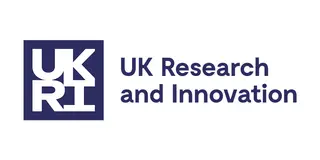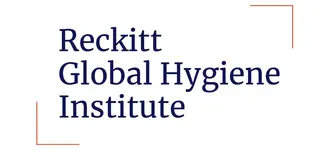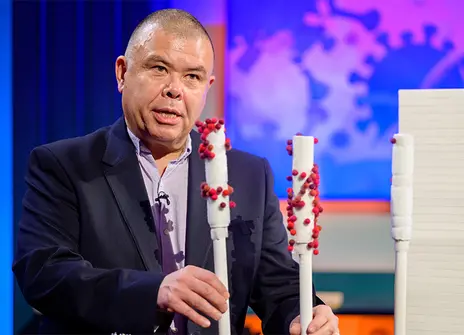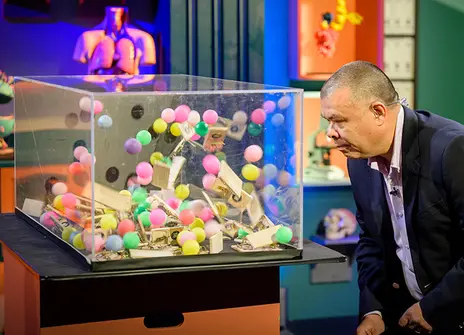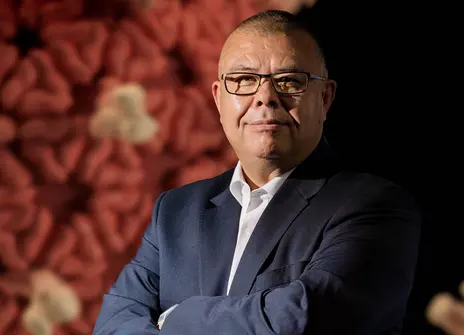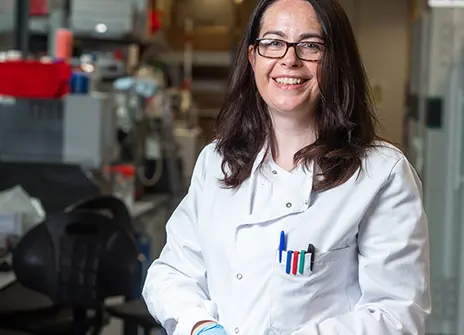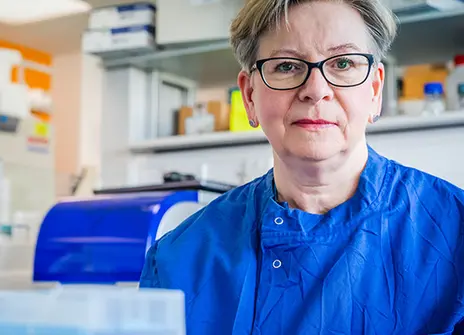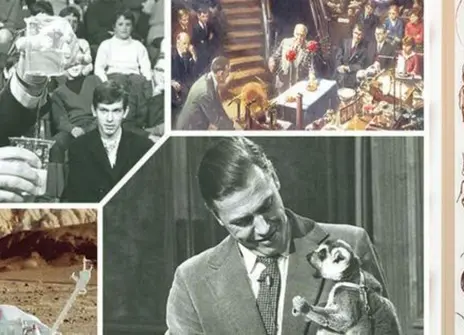Lecture 3 – Fighting back
Jonathan Van-Tam explores the inner workings of vaccines to reveal how these medical marvels can help win the war on viruses, and potentially fight diseases such as cancer.
Joined by vaccine scientist Teresa Lambe and microbiologist Sharon Peacock, the team will peel away the scabs of smallpox, and inject the puss of a milkmaid to uncover the key milestones that led to vaccines over two hundred years ago. Science has not stopped since.
The Covid-19 vaccines are a triumph, but can the audience take it a step further? Can they use a vaccine to blow up cancer cells on the lecture theatre floor?
Viruses have a trick up their sleeve, they can mutate. A pack of dastardly dogs will help unlock the secrets of variants, from Alpha to Omicron, but scientists are one step ahead.
The pandemic has pushed the speed and scale of genetic sequencing technology to unprecedented levels and we can crack the virus’s genetic code to watch it evolve in near real-time. A crucial tool to stay on top of Covid-19.
Combined with solutions from nature, from fruit bats to furry llamas, science will never be the same again.
About the 2021 CHRISTMAS LECTURES
In the 2021 CHRISTMAS LECTURES, Jonathan Van-Tam was joined by expert British scientists who all played vital roles in the Covid-19 pandemic, to reveal how new discoveries are set to change the future of medicine.
With millions of lives at stake and no treatments or vaccines to hand, these scientists fell back on tried and tested principles of contact tracing and isolation. Alongside this, they accelerated their research to achieve the impossible. They raced to understand the virus’s biology, to find treatments and create vaccines that could bring the pandemic under control. And they succeeded. Within 11 months the first vaccine was produced – a process that often takes 10 years.
Jonathan showed how public health measures, combined with ground-breaking science, will have an impact far beyond Covid-19. He will be joined by six guest lecturers, cellular immunologist Katie Ewer, mathematical biologist Julia Gog, clinical microbiologist Ravi Gupta, pharmacologist Tess Lambe, chartered mechanical engineer Cath Noakes, and microbiologist Sharon Peacock.
Together they demonstrated biomedical breakthroughs that could help fight other infectious diseases, genetic disorders and even cancer. From advances in early detection techniques – lateral flow tests, blood tests and wearable tech which can detect illnesses before symptoms are even noticeable – to rapid genome sequencing that could be used to speed up cancer diagnosis or assess organ donor compatibility, to the world’s first mRNA vaccines which could be used to treat Malaria and HIV.
Data has been shared across the world and rapid clinical trials have tested the efficacy of new drugs. Biological and epidemiological science will never be the same again.
